Sophie is 32, lives in NSW and identifies as a person living with BPD
What was your experience of receiving a diagnosis of BPD?
It was a very sad and lonely time for me, and when I got the diagnosis, it just increased those feelings. I also remember feeling really vulnerable, confused and angry after receiving my diagnosis. I was an inpatient at the time of receiving my diagnosis, and I was not provided with any handout or information. I was too scared to ask what BPD was, or what my treatment options were.
What could clinicians and mental health professionals have done better to help you?
I think informing me of more treatment options for BPD would be good. If I had known about schema therapy sooner, I think that would’ve been helpful. Personally, I’ve had really good communication, and involvement in the private hospital system, compared to the public hospital system. Unfortunately, the public system has let me down.
What would you like people newly experienced with BPD to know? /h5>
That it’s ok to feel whatever you are feeling, no matter how big or small those feelings are. You’re not alone. There are so many people living with, and surviving, BPD.
What would you like people newly experienced with BPD to know?
Your diagnosis DOES NOT define you. Your feelings and experiences are valid and you are worthy of living a good life.
What kind of psychological treatments worked well for you?
Schema Therapy has worked the best for me. I’ve tried DBT, and while it went better the second time around, I personally find schema more helpful.
What other things have supported you to live well?
My psychologist, my GP, my psychiatrist. TMS - Transcranial Magnetic Stimulation Medication. A good and caring circle of friends. My cat and every other animal I meet.
Do you have any tips or tricks for managing distress or strong emotions you would like to share?
Journalling. Music – I have a bunch of different playlists. Going to the gym, yoga and art.
What advice would you give to friends/family supporting someone with a diagnosis of BPD?
Research. Find out what BPD is, how it presents. Ask your person living with BPD if they have any links/books they recommend that have good information about BPD. Be validating and caring. Be honest!!! Listen.
What are a few things you thought you might not have been able to do but you did anyway?!
Live! Live, and be able to share my story of living with complex mental illness. Listen to my psychologist when she tells me how resilient I am, and feel that resilience so I can continue doing the things I love, and start doing the things I want to do, such as studying. Travel the world and make new friends.
